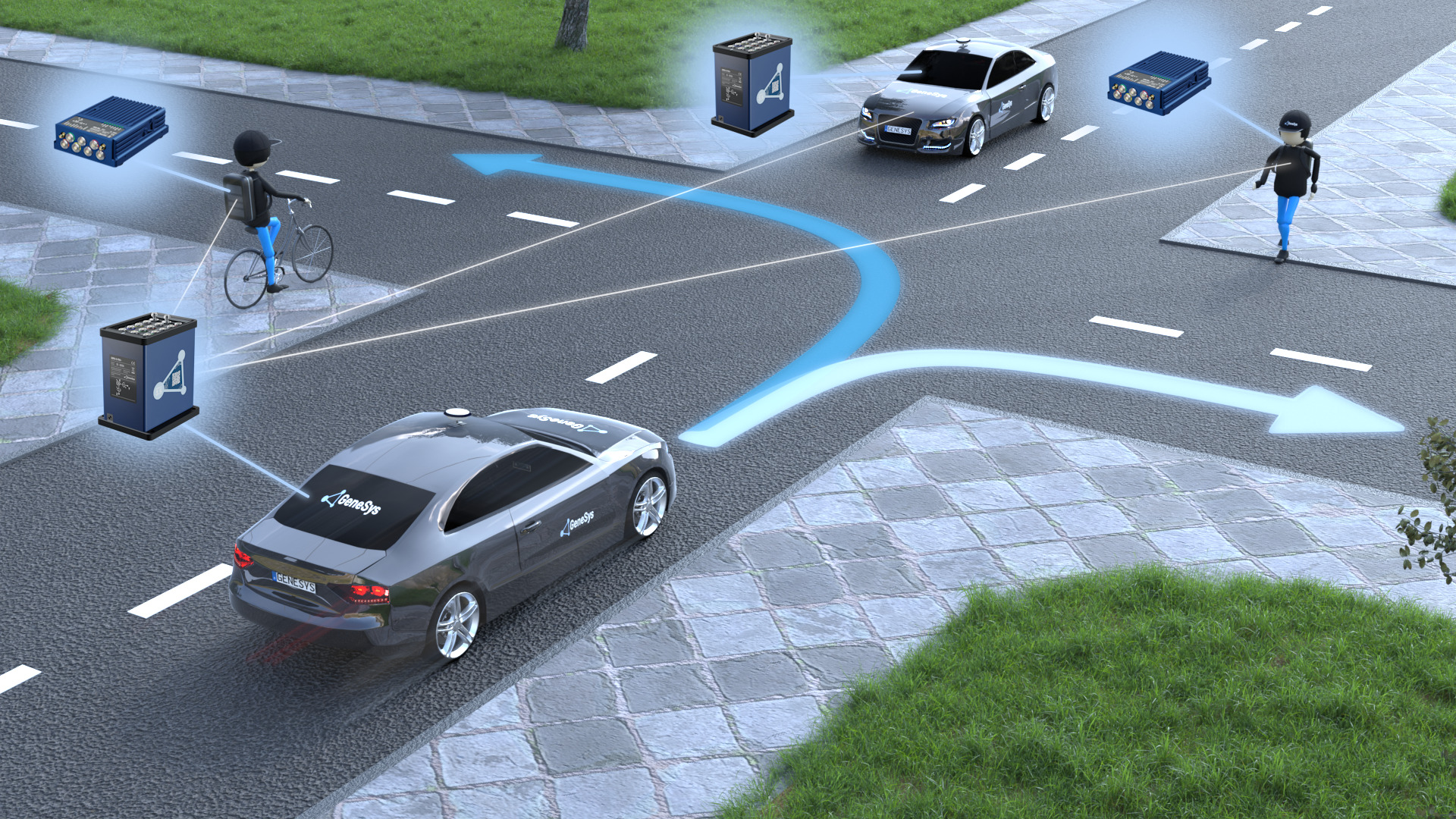IEC 62819 Charging Communication ADAS Integration Testing
The IEC 62819 standard provides a framework for ensuring that charging systems in electric vehicles (EVs) are interoperable and compatible with advanced driver assistance systems (ADAS). This service focuses on the integration of these two critical components, ensuring seamless communication between EV chargers and ADAS features. The testing process is designed to validate compliance with IEC 62819 requirements, thereby enhancing safety, reliability, and user experience.
The integration of charging systems with ADAS technologies presents unique challenges due to the complexity of both systems. Charging systems must not only deliver power but also communicate status updates, error codes, and other relevant information securely and efficiently. ADAS features rely on this communication for critical functions such as parking assistance, adaptive cruise control, and collision avoidance.
Our testing service ensures that these systems interact correctly under various conditions, including:
- Power delivery during charging
- Data exchange between the charger and ADAS features
- Error handling and recovery mechanisms
- Security protocols to protect against unauthorized access or interference
The testing process involves a series of rigorous checks, including:
- Functional testing of charging communication protocols
- Validation of data integrity during transmission
- Evaluation of system performance under real-world conditions
- Testing for compliance with IEC 62819 standards
- Diagnostics to identify any potential issues in the communication path
The testing apparatus used includes specialized equipment capable of simulating various charging scenarios and interfacing directly with ADAS systems. This allows us to replicate real-world conditions accurately, ensuring that the system behaves as expected under all circumstances.
Compliance with IEC 62819 is crucial for manufacturers aiming to ensure their products meet global regulatory requirements. By testing the integration of charging systems and ADAS features, we help our clients achieve this compliance while enhancing product safety and performance.
Applied Standards
The IEC 62819 standard is widely recognized for its comprehensive approach to ensuring interoperability between EV chargers and ADAS systems. The standard specifies requirements for communication protocols, data formats, error handling, and security measures. It also addresses the physical interfaces used in charging systems.
Our testing service ensures compliance with all relevant sections of IEC 62819, including:
- Communication protocol specifications (Section 4)
- Data formats for status and error reporting (Section 5)
- Error handling procedures (Section 6)
- Security requirements (Section 7)
We use state-of-the-art test equipment to simulate various charging scenarios, ensuring that the system performs correctly under all conditions. This includes testing for:
- Power delivery during charging
- Data exchange between the charger and ADAS features
- Error handling and recovery mechanisms
- Security protocols to protect against unauthorized access or interference
The testing process is designed to identify any issues that may arise from the integration of charging systems with ADAS technologies. By ensuring compliance with IEC 62819, we help our clients achieve global market access and enhance product safety and performance.
Benefits
Compliance with IEC 62819 brings numerous benefits to manufacturers of electric vehicles and charging infrastructure. These include:
- Enhanced Safety: Ensures that the communication between EV chargers and ADAS systems is secure and reliable, reducing the risk of accidents.
- Improved User Experience: Seamless integration enhances user satisfaction by providing a smooth charging experience.
- Global Market Access: Compliance with international standards opens up new markets for manufacturers.
- Regulatory Compliance: Ensures that products meet global regulatory requirements, avoiding costly delays and penalties.
The testing process also helps manufacturers identify potential issues early in the development cycle, allowing for timely corrections. This proactive approach reduces costs and improves product quality.
In addition to these benefits, compliance with IEC 62819 enhances brand reputation by demonstrating a commitment to safety and reliability. This is particularly important in the rapidly evolving electric vehicle market where consumer trust is crucial.
Use Cases and Application Examples
The integration of charging systems with ADAS technologies has several real-world applications, including:
| Use Case | Description |
|---|---|
| Parking Assistance | ADAS systems can provide real-time feedback during parking, enhancing the user experience. |
| Adaptive Cruise Control | The system automatically adjusts speed to maintain a safe distance from other vehicles. |
| Collision Avoidance | The vehicle can detect potential collisions and take corrective actions, such as applying the brakes. |
| Remote Monitoring | Charging status can be monitored remotely, providing real-time updates to users. |
| Error Handling | The system can automatically detect and handle errors in communication, ensuring seamless operation. |
| Security Protocols | Data transmitted during charging is protected against unauthorized access or interference. |
In practice, these use cases are tested rigorously to ensure that the system behaves as expected. For example, in a parking assistance scenario, the testing would involve:
- Simulating various parking scenarios
- Evaluating the accuracy of distance measurements
- Testing for false positives or negatives
The same approach is used for other use cases, ensuring that the system performs reliably under all conditions.





